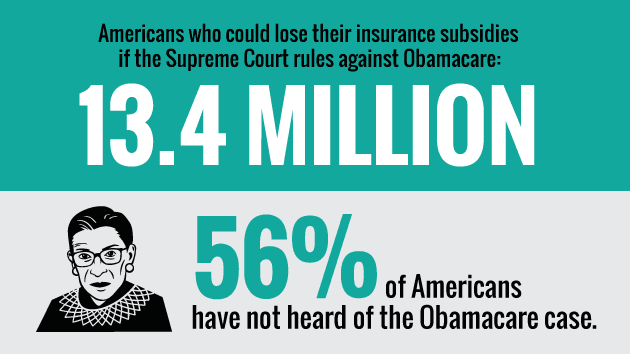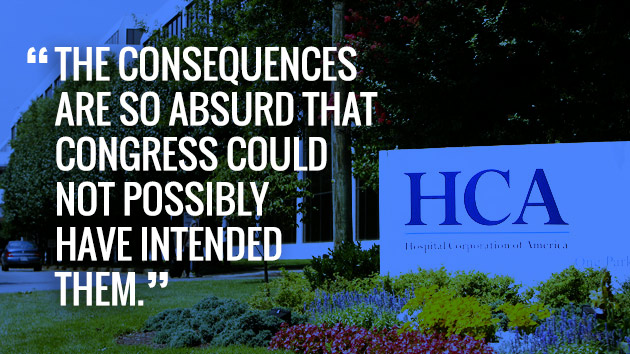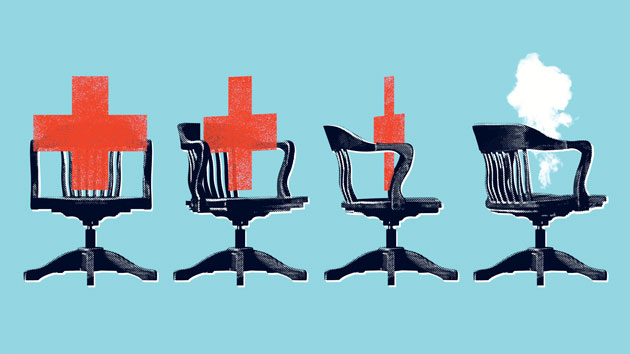
Carlos Osorio/AP
During the Supreme Court oral arguments Wednesday morning in King v. Burwell, the case that threatens to destroy Obamacare, Justice Ruth Bader Ginsburg wasted no time in grilling the attorney seeking to eviscerate the Affordable Care Act about a significant technical matter that could blow up his case. As soon as Michael Carvin, the Jones Day partner representing the four plaintiffs named in the anti-Obamacare suit, started his opening statement, Ginsburg interrupted him with a slew of questions about whether his plaintiffs had a recognizable injury that would allow the case to proceed. A plaintiff, she declared, “has to have a concrete stake in the question…you would have to prove the standing if this gets beyond the opening door.”
With these queries, Ginsburg was picking up on a critical issue highlighted last month when Mother Jones broke the news that the four plaintiffs may have dubious claims of standing in this case. According to legal filings in the case, two of the plaintiffs were likely not adversely affected by Obamacare because they could claim an exemption from the law’s requirement to purchase health insurance due to their low income levels and high health care costs. The other two plaintiffs, Doug Hurst and Brenda Levy, would have benefited substantially from the Affordable Care Act had they obtained insurance through an Obamacare health exchange. (Levy said she was paying $1,500 a month for non-Obamacare insurance, which she could have bought on the federal health care exchange for $148 a month. Hurst, according to bankruptcy filings, had been paying more than $600 a month for his insurance in 2010. The ACA would have provided him insurance for $62 a month.)
Much of this information was not part of the court record; the plaintiffs’ standing had not been fully scrutinized by the Obama administration lawyers in the lower courts. Consequently, these issues weren’t among the questions posed to the Supreme Court before it agreed to take this case.
That didn’t stop the 81-year-old justice. She quizzed Carvin about the backgrounds of two of the plaintiffs. She wanted to know, for instance, whether Levy was truly qualified to bring the lawsuit. Levy turns 65 in June, at which point she will be eligible for Medicare, not Obamacare, making her largely exempt from any repercussions from her case. Ginsburg asked Carvin how Levy could possibly be harmed by the Affordable Care Act given that she wouldn’t be forced to use it for long.
Carvin contended that for two months of 2015, Levy would be subject to a tax penalty for going uninsured, and that was enough for her to bring the case. His answer highlighted the weakness of the individual plaintiffs’ claims of injury. After more grilling from Ginsburg about the background of another plaintiff, Carvin said that the lower courts had not raised any issue regarding the plaintiffs’ standing. Ginsburg, though, didn’t care. She replied, “The court has an obligation to look into it on its own.”
















